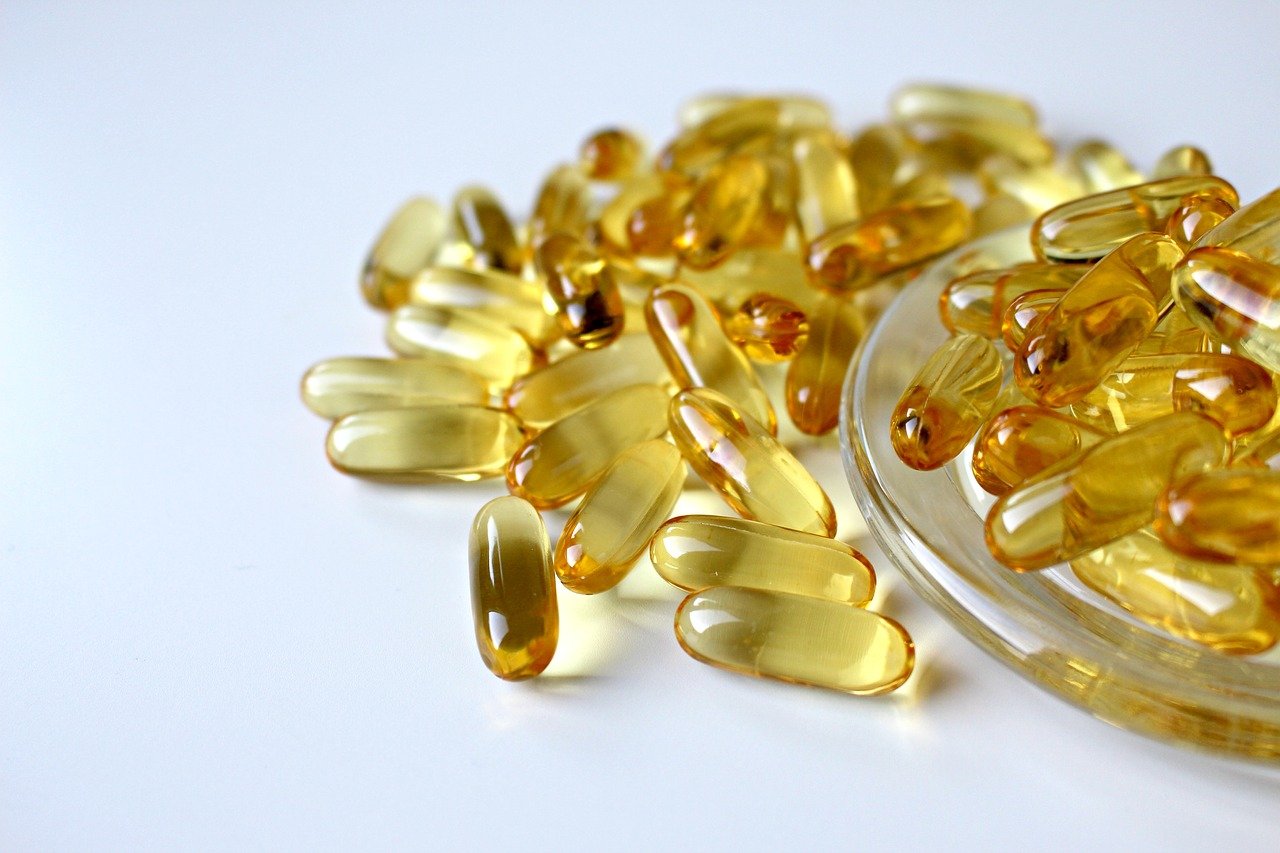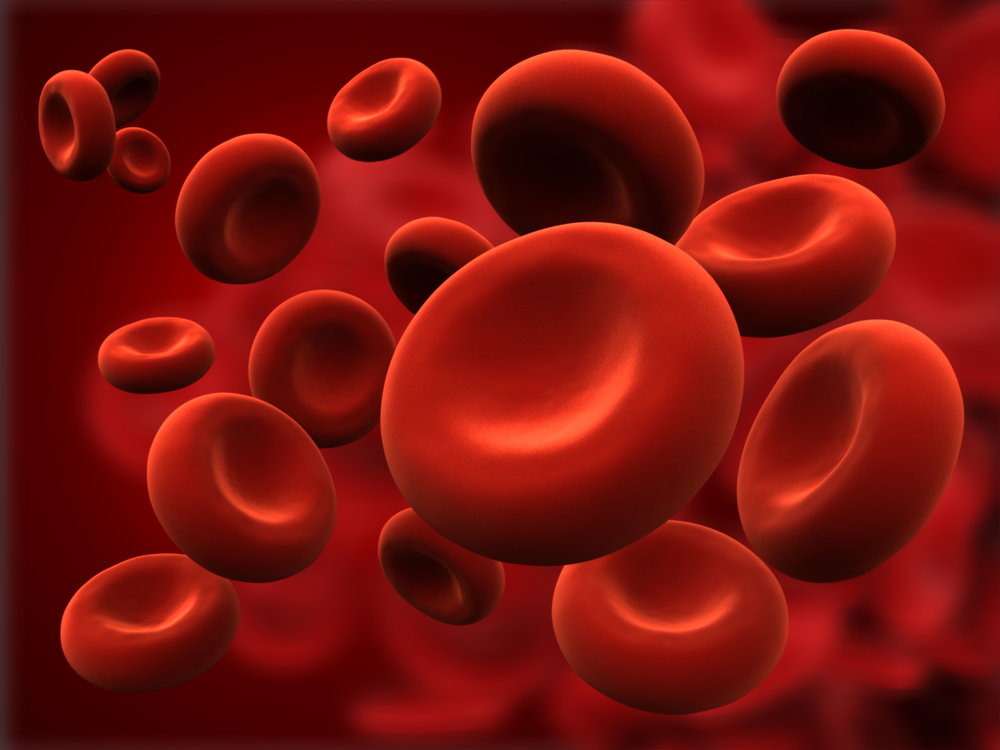Homocysteine






Homocysteine
Homocysteine is a common amino acid in your blood. Homocysteine is produced in the body and consumed in the diet. It is produced when proteins are broken down. High levels of homocysteine can indicate certain vitamin deficiencies and an increased risk of developing other medical conditions. High levels have been linked to early development of heart disease. High homocysteine appears to be linked to artery damage that can lead to hardening of the arteries and clots. High homocysteine is associated with low levels of B6, B12 and folate and renal disease.
Symptoms of B12, B6 and Folate Deficiency:
Fatigue, pale skin, weakness, fatigue, tingling sensations like pins and needles in the hands, arms legs and feet. Dizziness, mouth sores, tongue swelling, growth issues, and mood changes.
Additional Factors that may lead to high Homocysteine
- Low thyroid levels
- Kidney disease
- Certain medications
- Genetics
- Lifestyle factors such as diet, smoking and alcohol.
- Diseases such as Crohn’s, Diabetes, Rheumatoid Arthritis.
- Males have shown to have higher levels than females.
Potential Conditions associated with high homocysteine
- Osteoporosis
- Atherosclerosis – build-up of fats in artery walls
- Blood clots
- Heart Attack
- Stroke
- Dementia
- Alzheimer’s Disease
- Cancer – studies have shown an increased risk with high homocysteine and low folate in developing cancer.
- Parkinson’s Disease
- Multiple Sclerosis
- Hypothyroid
- Renal Disease
Treatment Advice
- Start with a blood test for homocysteine, B6, B12 and folate.
- Address any B vitamin deficiencies identified with diet and supplements.
- Recheck homocysteine in three months.
- Address any lifestyle factors or underlying health conditions that may contribute to high homocysteine.
.
Rachael Reed, balancing hormones, Naturally.
